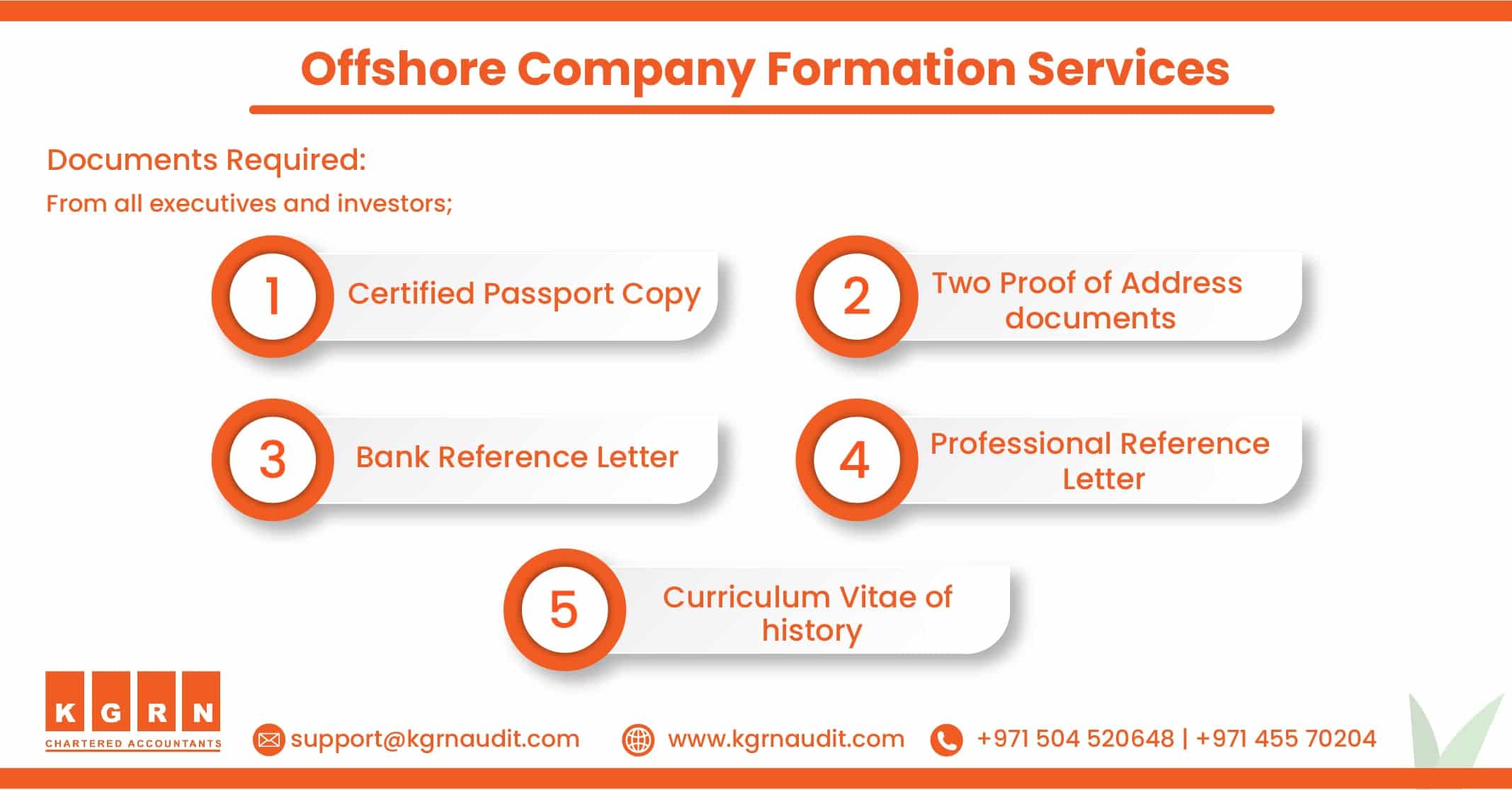A Comprehensive Overview to Navigating Offshore Business Formation Efficiently
In the world of global entrepreneurship, forming an offshore organization offers both elaborate challenges and special possibilities. Selecting the optimal territory is the initial important step, needing a careful equilibrium of legal security, beneficial tax obligation policies, and economic security. As prospective capitalists navigate through the complexities of legal and regulatory structures, understanding the nuances of each can make a significant difference in the effective facility and long life of an overseas entity. What adheres to are important factors to consider and strategic methods that can aid in optimizing the advantages while decreasing the dangers entailed.
Selecting the Ideal Offshore Territory
When selecting an offshore jurisdiction for organization development, numerous important variables have to be considered to guarantee legal conformity and operational performance. Taxation policies are extremely important; some territories use low or no tax rates, which can be very beneficial for earnings retention. Nonetheless, one need to also review the political security of the region to prevent prospective dangers that might affect business procedures negatively - Offshore Business Formation.
Moreover, the online reputation of the jurisdiction can significantly influence the perception of the service globally. Choosing a territory with a solid regulative track record might help with smoother business connections and financial transactions around the world. Furthermore, the ease of working, consisting of the simpleness of the enrollment process and the accessibility of experienced regional solutions, need to be evaluated to ensure that the operational needs are sustained properly.
Recognizing Lawful and Regulative Structures

Legal frameworks in offshore jurisdictions are usually developed to attract foreign investment via economic motivations such as reduced tax rates and simplified reporting processes. Nevertheless, these benefits can feature rigorous laws targeted at protecting against cash laundering and monetary scams. Financiers need to navigate these legislations meticulously to avoid lawful challenges.


Establishing Your Offshore Organization Framework
After understanding the lawful and regulative frameworks required for offshore company procedures, the next crucial step is to develop the ideal organization framework. Picking the kind of overseas firm is essential, as this choice impacts administration, liability, and management responsibilities. Common frameworks include International Service Companies (IBCs), Limited Liability Firms (LLCs), and collaborations. Each framework offers distinctive benefits depending upon business objectives, such as tax obligation effectiveness, privacy, or versatility in management.
Selecting the right jurisdiction is equally essential. Factors such as political security, legal system, and international connections must be considered to make sure a useful and secure environment for business. Popular areas like the Cayman Islands, Bermuda, and Luxembourg use different advantages tailored to different organization needs, including robust lawful systems and favorable regulatory landscapes.
Eventually, lining up the service framework with calculated business objectives and the chosen jurisdiction's offerings is crucial for maximizing the benefits of offshore incorporation.
Handling Compliance and Taxation in Offshore Workflow
Managing compliance and tax is a vital aspect of maintaining an offshore business. Offshore Business Formation. Ensuring adherence to the guidelines of the host nation, in addition to worldwide standards, can mitigate lawful risks and enhance operational legitimacy. Offshore companies must stay informed concerning the tax responsibilities and coverage requirements in their chosen territory. This consists of understanding the implications of double taxes agreements and establishing whether the service gets any Visit Website type of rewards or exemptions.
Entrepreneur should also purchase robust conformity programs that include routine audits and employee training to support corporate administration. Engaging with financial and legal experts who specialize in worldwide service regulation can give invaluable guidance and help browse the complexities of cross-border taxes. These experts can aid in establishing reliable tax frameworks that align with global practices while optimizing financial obligations.
Eventually, thorough monitoring of conformity and taxes is essential for ensuring the long-term success and sustainability of an overseas venture.
Final Thought
Finally, visite site the successful development of an overseas service rest on careful consideration of territory, legal compliance, and the ideal business structure. By carefully picking a steady and positive environment, understanding and adhering to legal structures, and taking care of ongoing compliance and tax, businesses can establish themselves successfully on the international phase. This critical technique makes certain not only functional authenticity but additionally places business for sustainable growth and lasting success in the worldwide market.
